List Four Significant Differences Between A File-processing System And A Dbms
List four significant differences between a file-processing system and a dbms. The database approach addresses many of the weaknesses associated with file processing systems. DBMS can handle Atomicity problems well. It is difficult to ensure atomicity in this conventional file-processingsystem.
While a user is working with the database the DBMS resides in the memory of the computer. 1 In a traditional file processing system the work of IT was very hectic while this is. List four significant differences between a file processing system and a DBMS.
A database is generally used for storing related structured data with well defined data formats in an efficient manner for insert update andor retrieval depending on application. Difficulty in accessing data 3. Data redundancy and inconsistency 2.
Where a file-processing system only allows pre-determined access to data by specific compiled programs while A DBMS is. 1 A database coordinates the physical and logical access to the data. A file-processing system only coordinates physical access to the data while A database coordinates the physical and logical access to the data.
The main difference between file system and DBMS is that the file system helps to store a collection of raw data files into the hard disk while the DBMS helps to easily store retrieve and manipulate data in a database. Database management system is used for storing the structured data. Both systems contain a collection of data and a set of programs which access that data.
1-List four significant differences between a file-processing system and a DBS. The main difference between DBMS and file processing system are following. A database management system coordinates both the physical and the logical access to the data whereas a file-processing system coordinates only the physical access.
It is less complex as compared to DBMS. DBMS for large database.
DBMS can handle Atomicity problems well.
A file-processing system only coordinates physical access to the data while A database coordinates the physical and logical access to the data. A database management system is designed to coordinate multiple users accessing the same data at the same time. Both systems contain a collection of data and a set of programs which access that data. In progress 0 computers and technology Josephine 3 weeks 2021-10-22T0425480000 2021-10-22T0425480000 1 Answers 0 views 0. A database management system is. The main difference between file system and DBMS is that the file system helps to store a collection of raw data files into the hard disk while the DBMS helps to easily store retrieve and manipulate data in a database. DBMS has more security mechanisms. List four significant differences between a file-processing system and a DBMS. In the file system data redundancy is high.
Where a file-processing system only allows pre-determined access to data by specific compiled programs while A DBMS is. A database management system is designed to allow flexible access to data ie queries whereas a file-processing system is designed to allow predetermined access to data ie compiled programs. DBMS for large database. File processing for small database. A file-processing system only coordinates physical access to the data 2 A DBMS reduces the amount of data duplication 3 A DBMS is designed to allow flexibility in what queries give access to the data where a file-processing system only allows pre-determined access to data by specific compiled programs. File processing system has low prosessing power. In this system accessing data is inefficient and inconvenient.
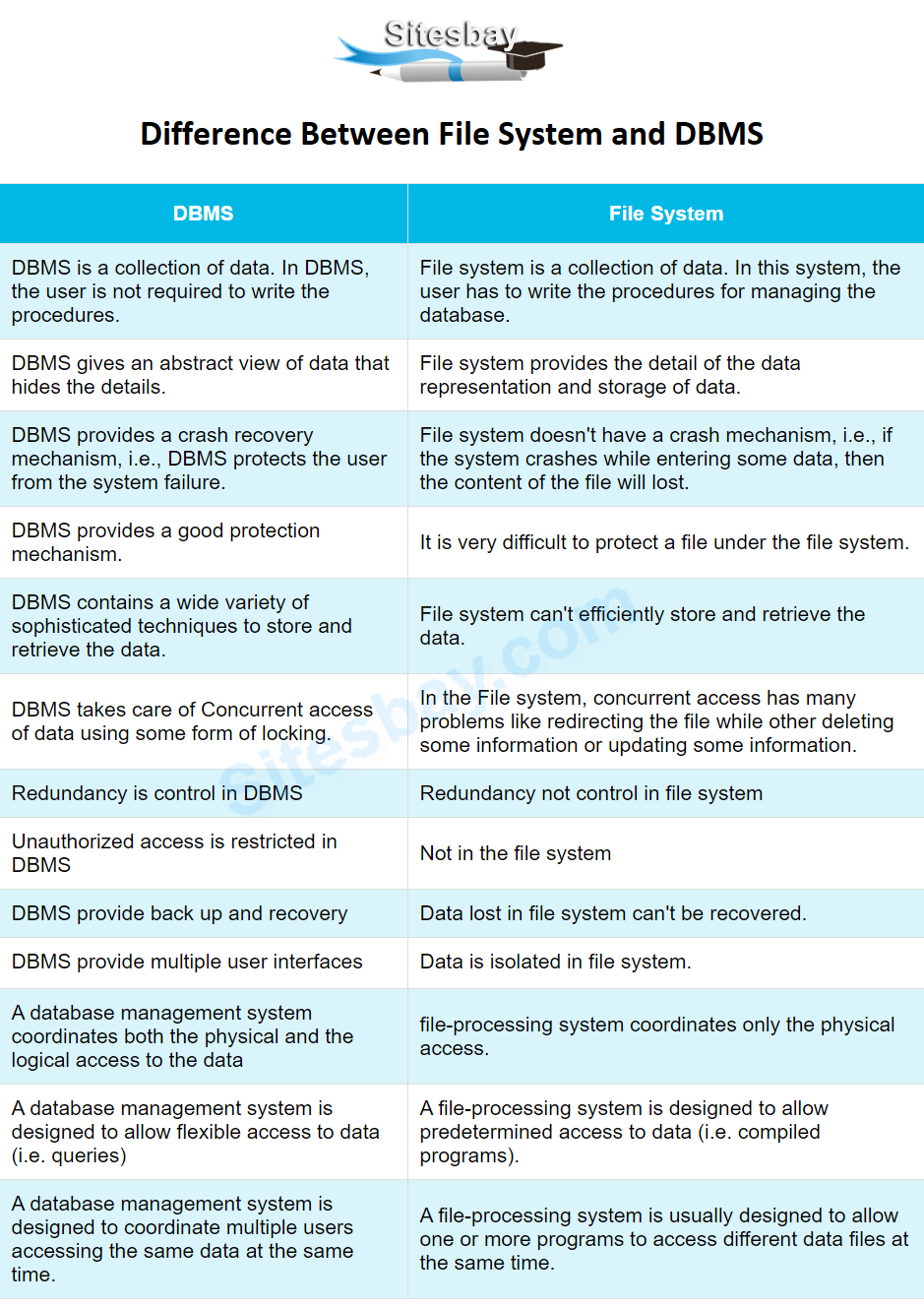



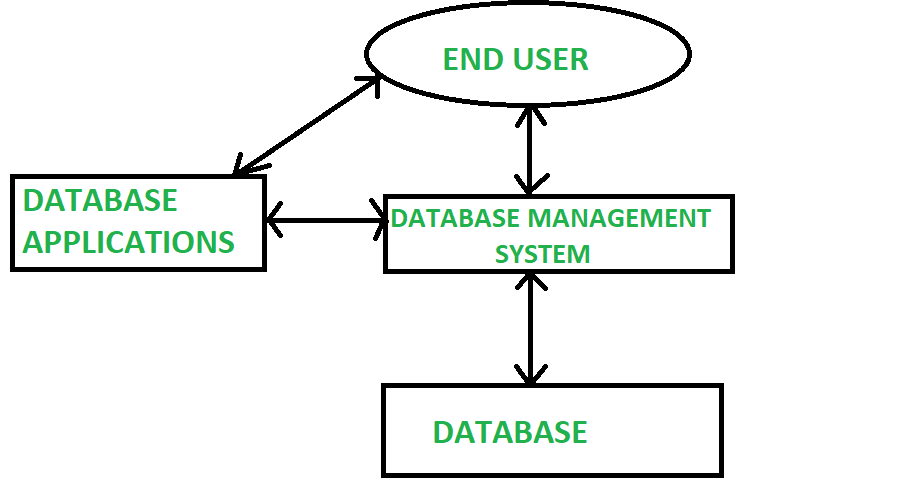

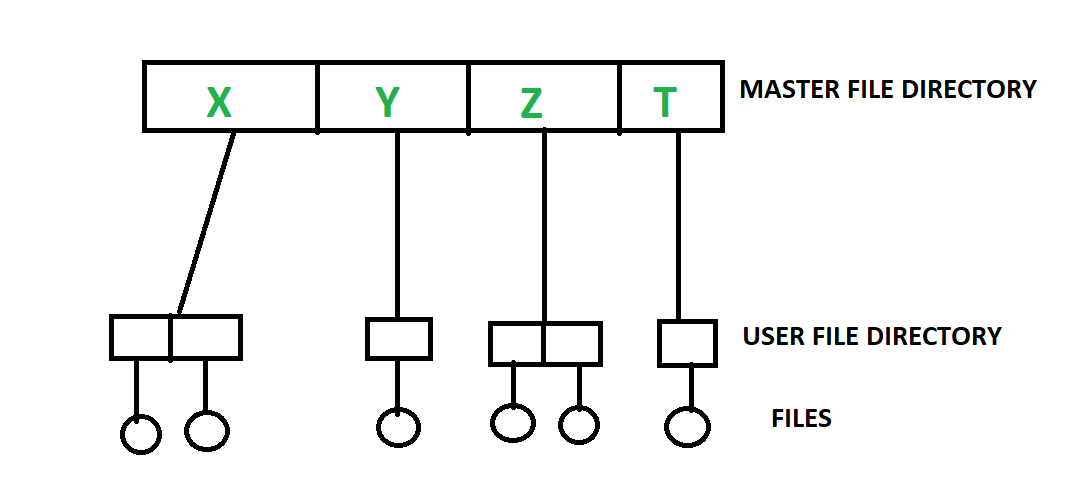
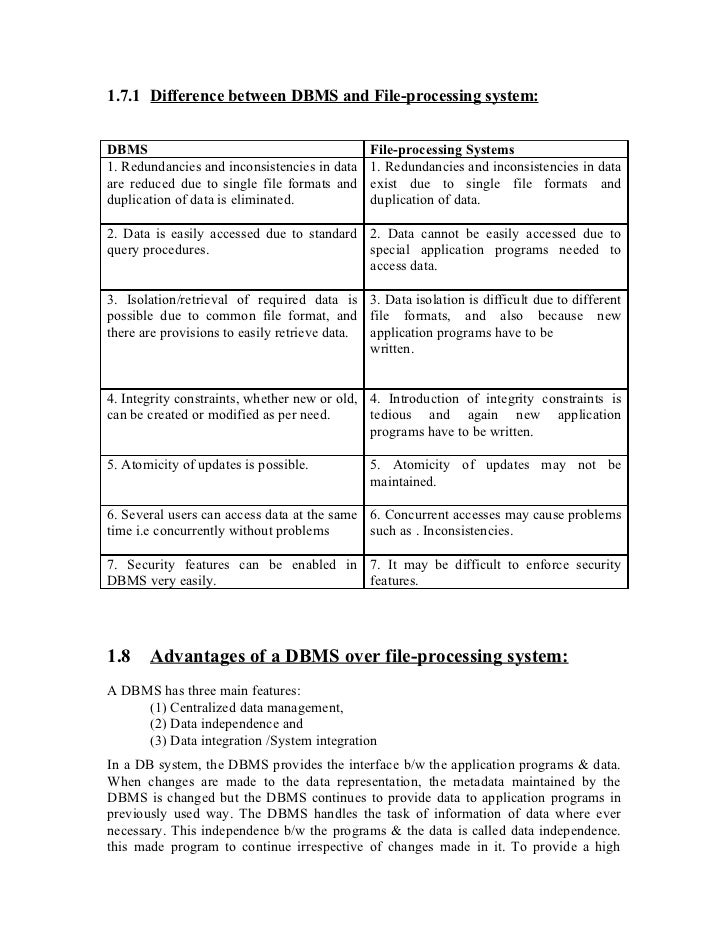

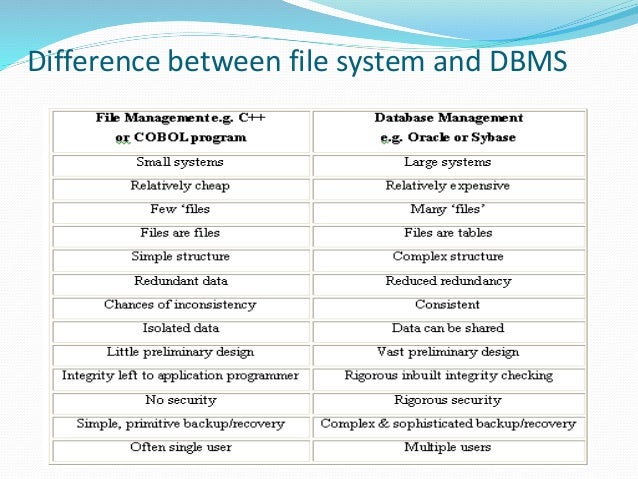








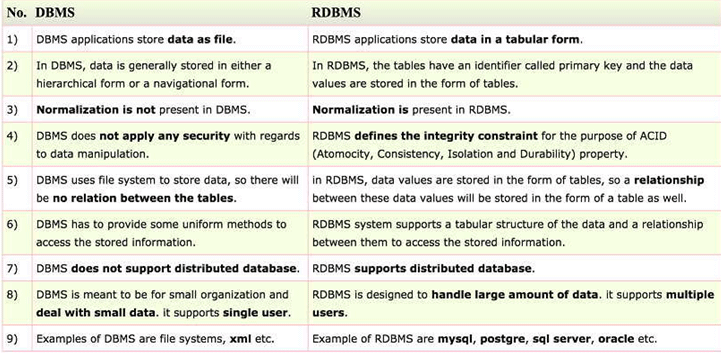







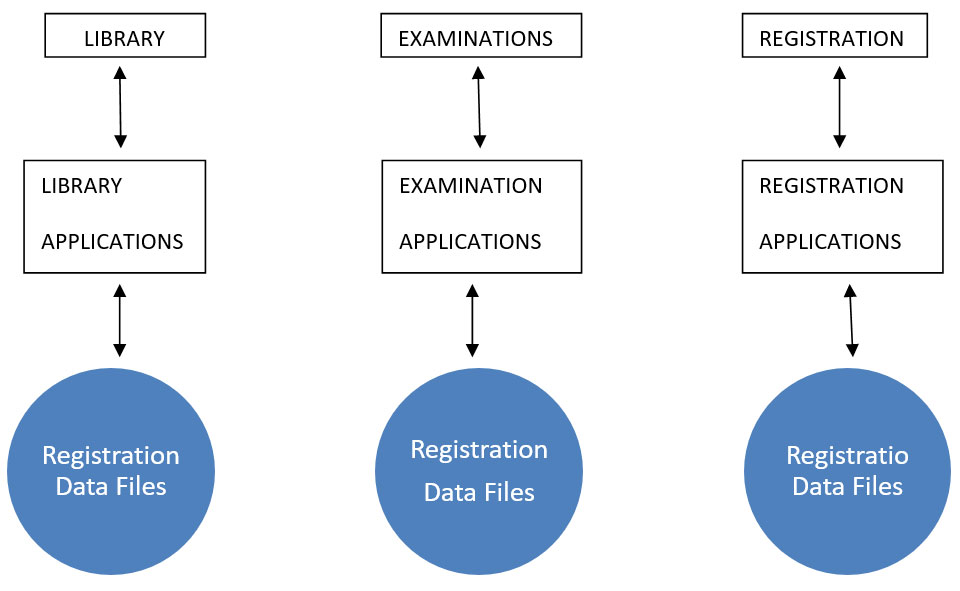


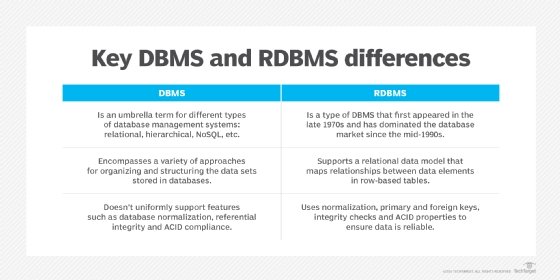



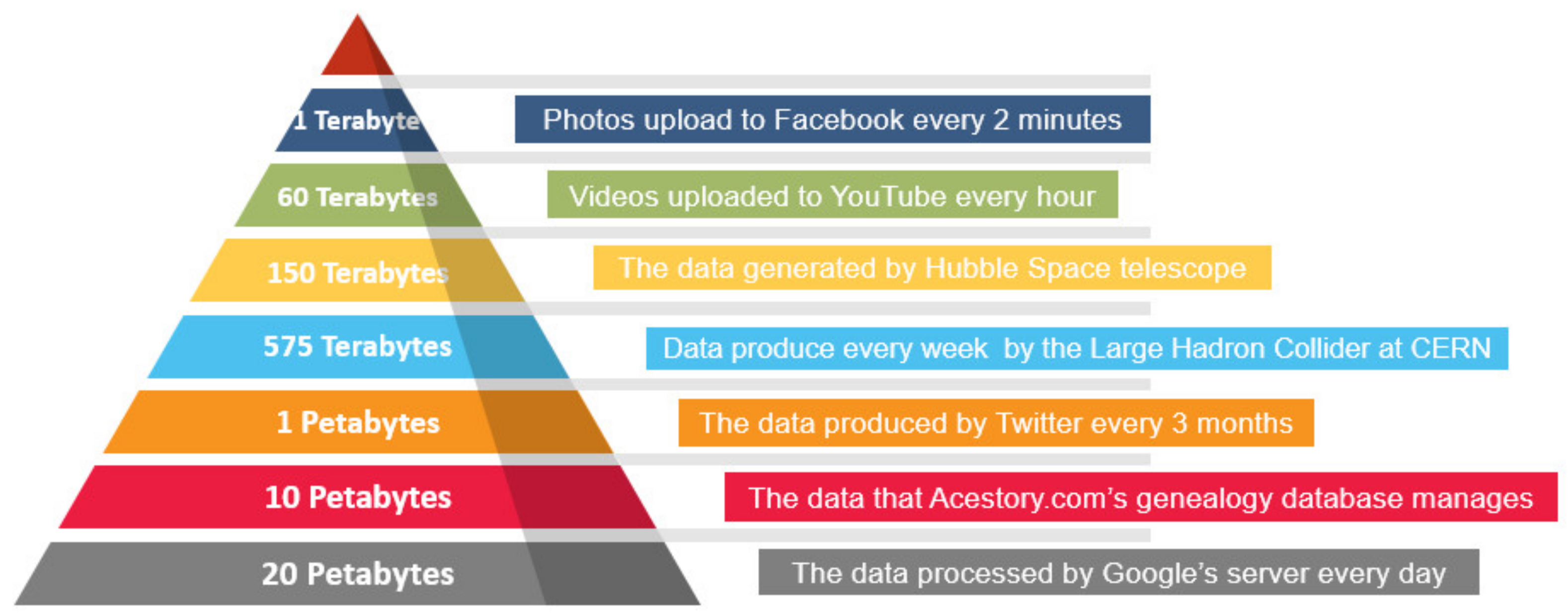

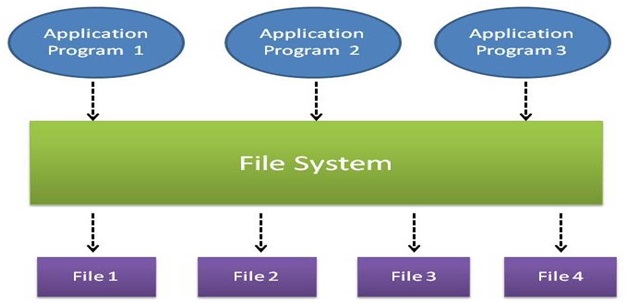

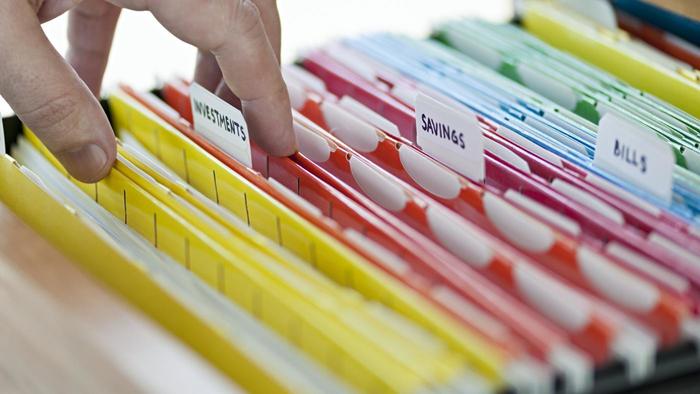
Post a Comment for "List Four Significant Differences Between A File-processing System And A Dbms"